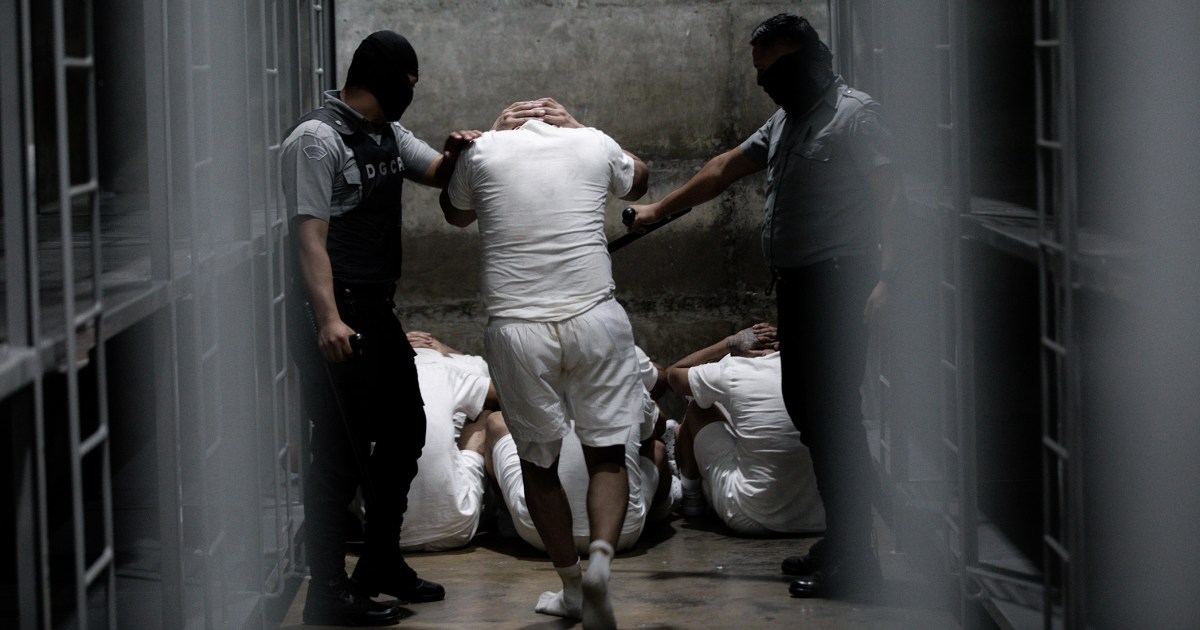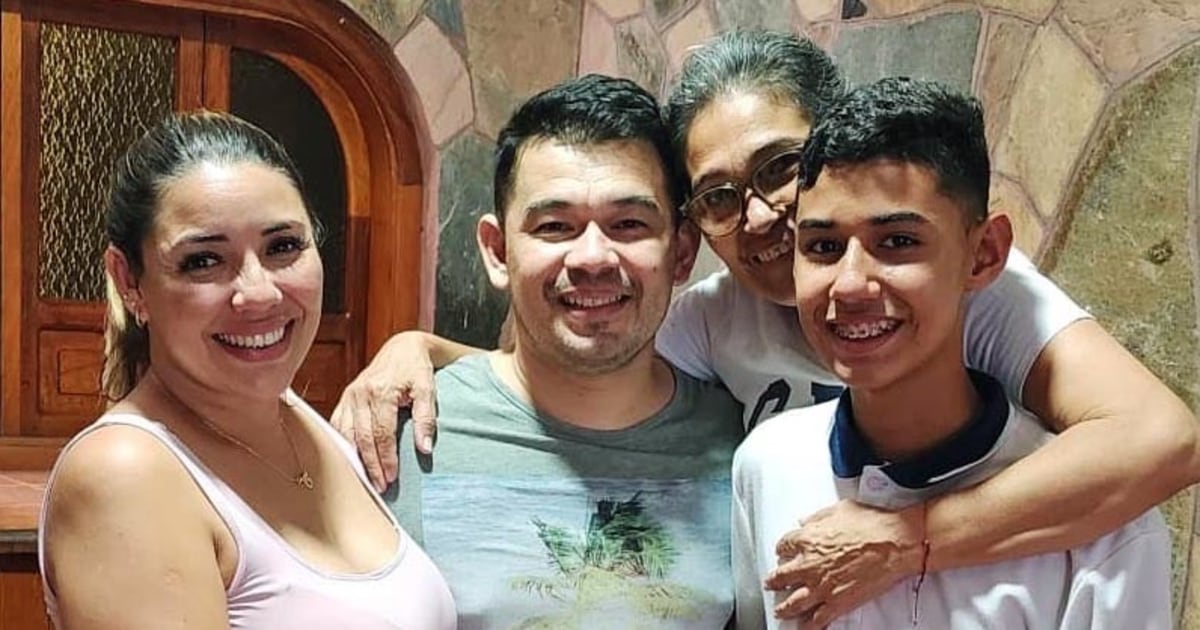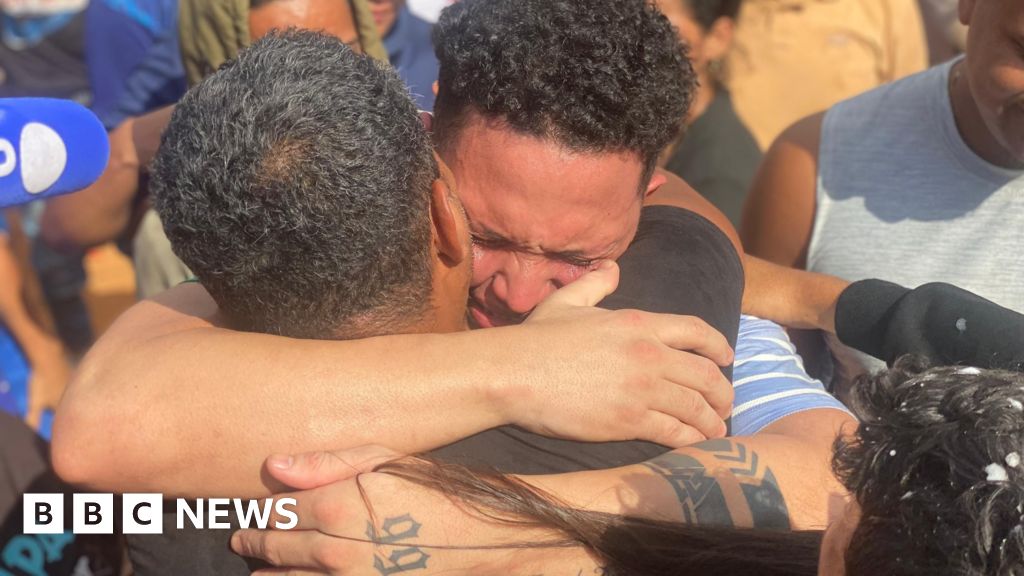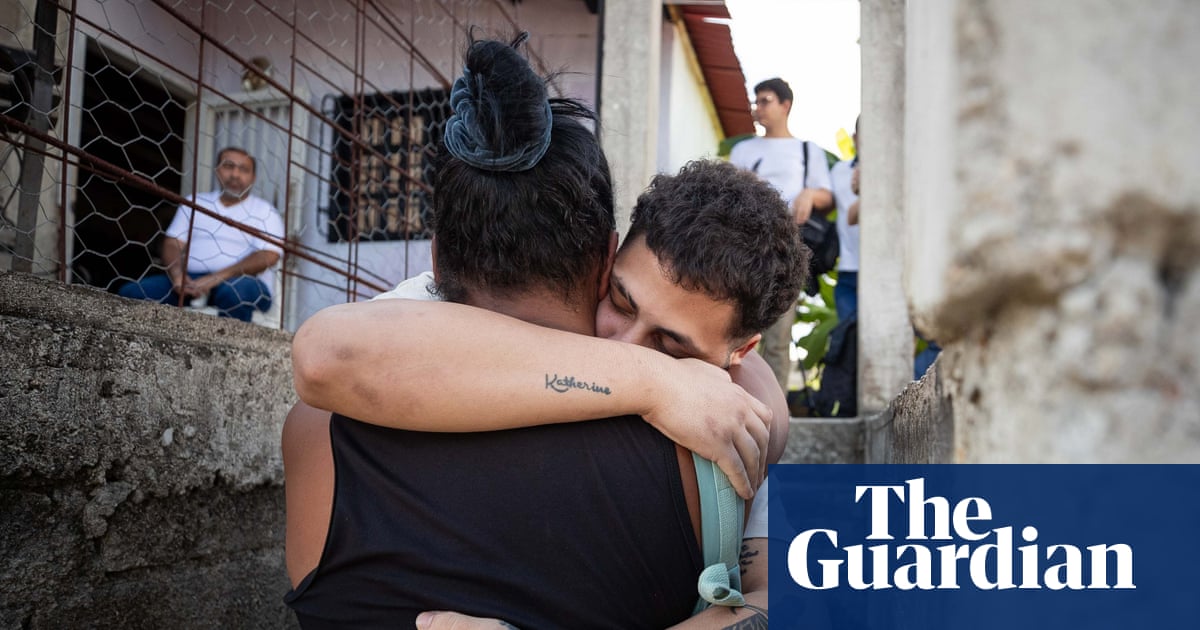T4K3.news
Venezuelan migrants flown home after swap
More than 200 immigrants released from El Salvador's prison as part of a negotiation.

A significant prisoner exchange has occurred between the U.S. and Venezuela, involving detained migrants.
Venezuelan migrants released in prisoner swap with El Salvador
More than 200 Venezuelan immigrants, previously sent to a notorious mega-prison in El Salvador by the Trump administration, have been flown back to Venezuela. This prisoner swap was confirmed by El Salvador's President Nayib Bukele, who indicated that the Venezuelan government agreed to release political prisoners and American citizens held as hostages in return for the migrants. U.S. Secretary of State Marco Rubio recognized the efforts by President Bukele and highlighted the release of ten detained Americans. The Venezuelan detainees had been deported under a seldom-used wartime law, with many claiming they faced persecution. The American Civil Liberties Union criticized the lack of due process, suggesting the move aimed to avoid court scrutiny.
Key Takeaways
"Thanks to @POTUS’s leadership, ten Americans who were detained in Venezuela are on their way to freedom."
Marco Rubio praises U.S. efforts in securing the prisoner exchange.
"We demand that they return them to our country."
Diosdado Cabello calls for the return of Venezuelans from El Salvador.
"The use of the Alien Enemies Act by our government during peacetime was illegal. Period!"
ACLU lawyer Lee Gelernt voices strong criticism of the government's actions.
This prisoner swap highlights the complex interplay between U.S. immigration policy and international relations. The decision to send Venezuelan migrants to a prison notorious for human rights abuses raises serious ethical questions. Critics, including human rights advocates, argue that the use of the Alien Enemies Act during peacetime is problematic and reflects a broader trend of harsh treatment towards immigrants. As public scrutiny grows, the case may increase calls for reform in how the U.S. handles similar situations in the future.
Highlights
- This swap reveals the harsh realities of U.S. immigration policy.
- No due process was provided, making this situation even more troubling.
- Many detainees had no ties to the gang but faced dire conditions.
- This case underscores the risks faced by asylum seekers.
Contentious immigration policies spark backlash
The treatment of Venezuelan migrants under the Alien Enemies Act has drawn widespread criticism and raises human rights concerns, particularly regarding lack of due process.
This event could influence future diplomatic negotiations regarding immigration.
Enjoyed this? Let your friends know!
Related News

Prisoner swap highlights Trump's deportation strategy

Reports reveal abuse of Venezuelan detainees in El Salvador

Dahud Hanid Ortiz released to US after prisoner swap

US begins controversial deportations to African nations

Outrage in Eswatini over US deportee arrivals

Venezuelans describe experiences in Salvadoran mega-prison

Venezuelans detail torture in El Salvador mega-prison

Prisoner swap completed between US and Venezuela
